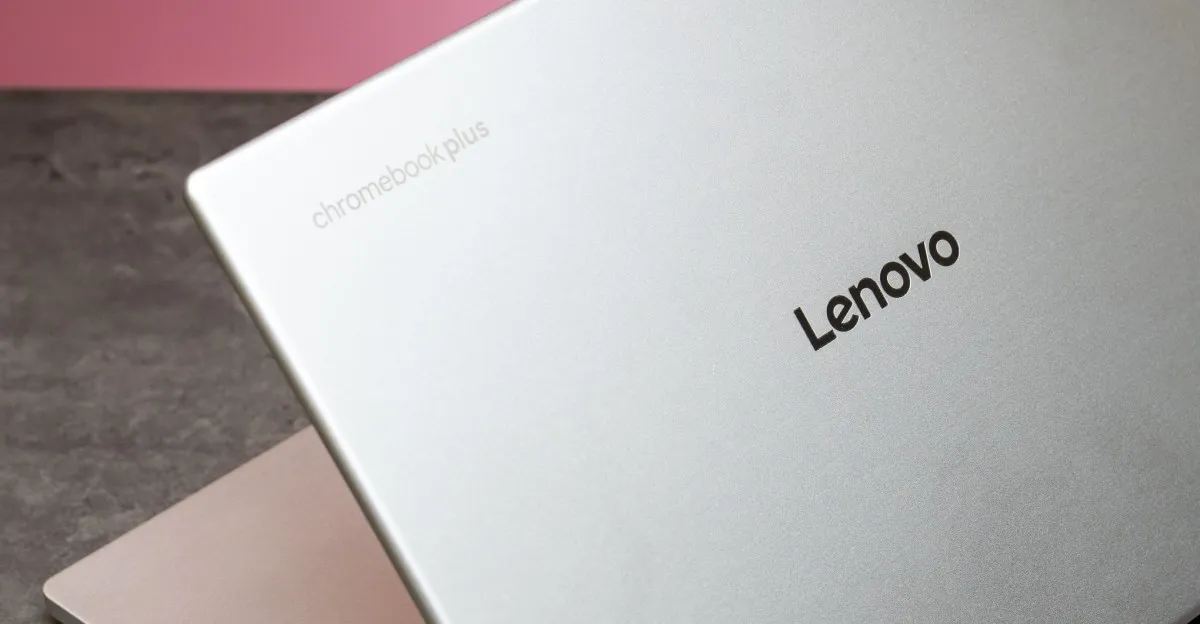
Sameer Samat, Google's head of the Android ecosystems, has officially confirmed that Android and ChromeOS will merge into a single platform. This announcement has reignited numerous questions regarding the future of these two operating systems. The idea of combining Android and ChromeOS makes sense, especially since discussions about this convergence have been ongoing since 2013. Initially, it was anticipated to occur in 2015, but the only significant development until recently was Chromebooks gaining the ability to run Android apps.
Last year, Google revealed that ChromeOS would be built on the Android tech stack, incorporating the Android kernel. But why is merging these two platforms critical? Android boasts a vast app ecosystem; however, many of those apps do not perform optimally on larger screens, such as tablets. Conversely, while ChromeOS excels in browser functions and window management, it lacks robust support for non-web applications. Although Chromebooks have been able to run Android apps for some time, the user experience has been less than ideal, particularly when using a mouse cursor.
Many Android apps struggle when displayed on larger laptop screens. For instance, the Android version of Slack fails to showcase two threads side-by-side like its desktop counterpart. Other applications, such as Discord, can be erratic, often not responding to mouse clicks consistently. Even Spotify has its challenges; while it operates smoothly, the mobile version appears sparse on more extensive displays and requires unconventional interactions, such as clicking and holding instead of utilizing secondary clicks. This merger aims to address these compatibility issues, creating a more seamless user experience across devices.
This convergence has been a gradual process. The Chrome browser on Android is now incorporating extensions, a feature that has long been a key advantage for desktop Chrome users. Additionally, Android is set to receive a Dex-like desktop mode. As Google pushes for adaptive apps in the upcoming Android 16, optimizing Android applications for ChromeOS has become a primary focus. With Android transitioning to a desktop mode, and ChromeOS gaining the capability to run Android apps, the rationale for keeping the two systems separate diminishes.
A unified operating system could expedite development for both mobile and laptop devices, facilitating easier transitions for developers to create applications that bridge the gap between tablets and other devices. However, the question remains: why has this merger taken so long? Discussions about a combined Android and ChromeOS have persisted for over a decade, yet tangible progress has been slow. Speculation surrounding Google's experimental open-source Fuchsia OS suggested it might serve as the unifying platform, but it ultimately found its place on devices like the Nest Hub.
So, what has changed? A significant factor is the advancement of Arm chips that are now robust enough for laptops. While Arm-based Chromebooks have existed for years, high-performance models typically featured Intel processors until recently. The introduction of the MediaTek Kompanio Ultra 910 chip in the Lenovo Chromebook Plus 14 marks a turning point, outclassing many x86 chips and providing improved battery life. Furthermore, Chromebooks powered by Qualcomm Snapdragon X processors are anticipated to arrive soon, allowing for optimized performance across both Android phones and Chromebooks.
This merger raises questions about how it will affect user experience. Will all Chromebooks become oversized Android tablets, and will Android phones evolve into compact, dockable Chromebooks? Google is already exploring a desktop mode for Android phones, which could offer a fully-featured desktop experience. If this is the minimum outcome of the merger, then it promises exciting possibilities for users. Furthermore, improvements to the desktop mode for Android could lead to innovative devices, such as 2-in-1 detachables that integrate the best features of both operating systems.
Another consideration is the visual identity of the new unified platform. ChromeOS currently features a more streamlined aesthetic based on older Material Design, while Android is being refreshed with the vibrant Material Three Expressive. The outcome of this visual revamp will be intriguing, especially as it contrasts with competitors like Windows 11 and macOS. Users are hopeful for increased customization options as part of this evolution.
With both Chrome and Android being well-established names, unifying them under a single brand could potentially confuse users. It is likely that both brands will remain intact, possibly falling under a broader umbrella. Some speculate it may lead to product names like “Chromebook, powered by Android” or “Android with ChromeOS,” which may please product managers but leave consumers puzzled.
Finally, will this integration finally make Android tablets competitive? While improvements are expected, the success of this unified platform will largely depend on developers' commitment to enhancing their applications. Google is making strides to bridge the gap, but developers must find it worthwhile to invest time and resources into optimizing their apps for this new environment.
In conclusion, the merger of Android and ChromeOS represents a significant shift in Google's approach to operating systems. As the tech landscape continues to evolve, both users and developers will be eager to see how this unified platform unfolds.